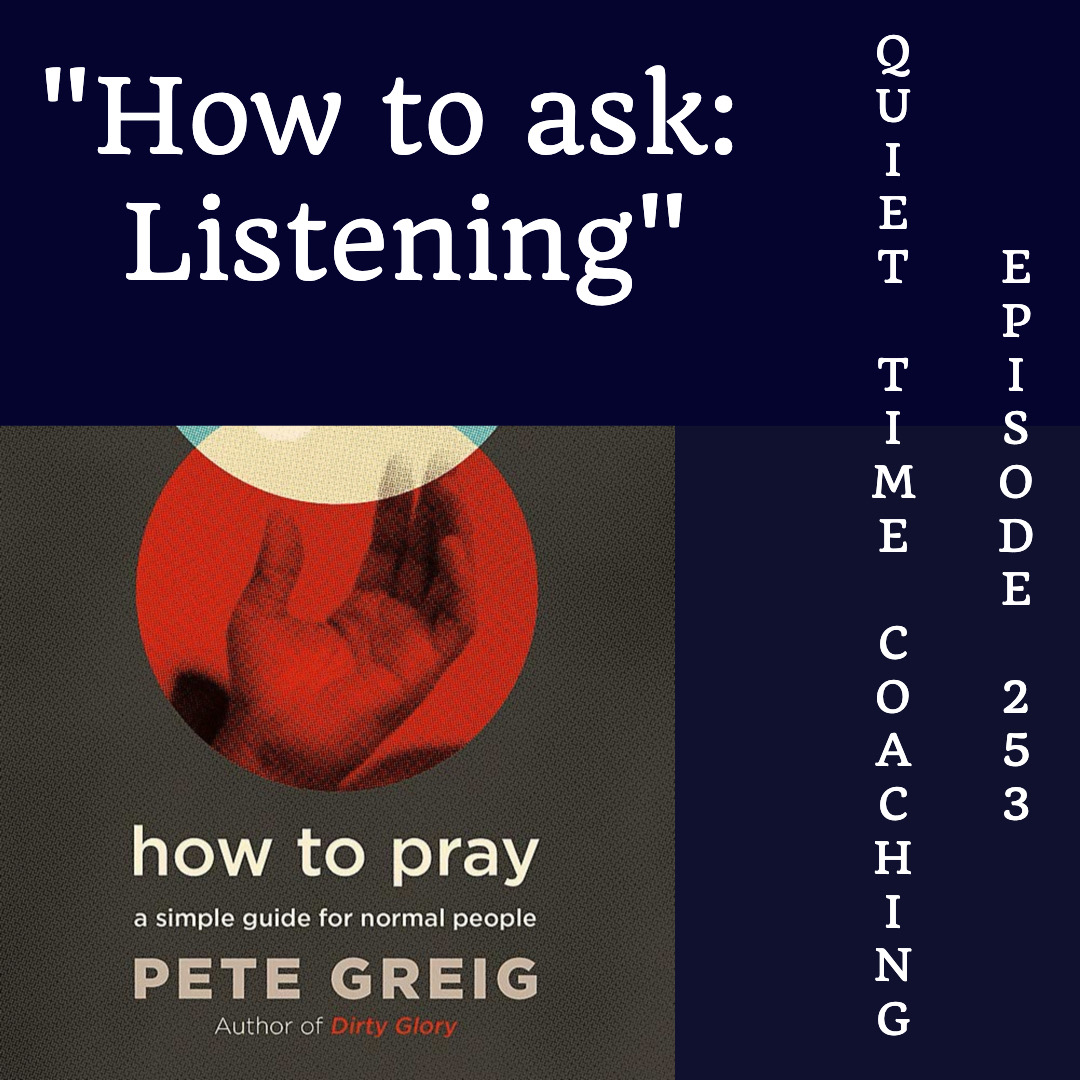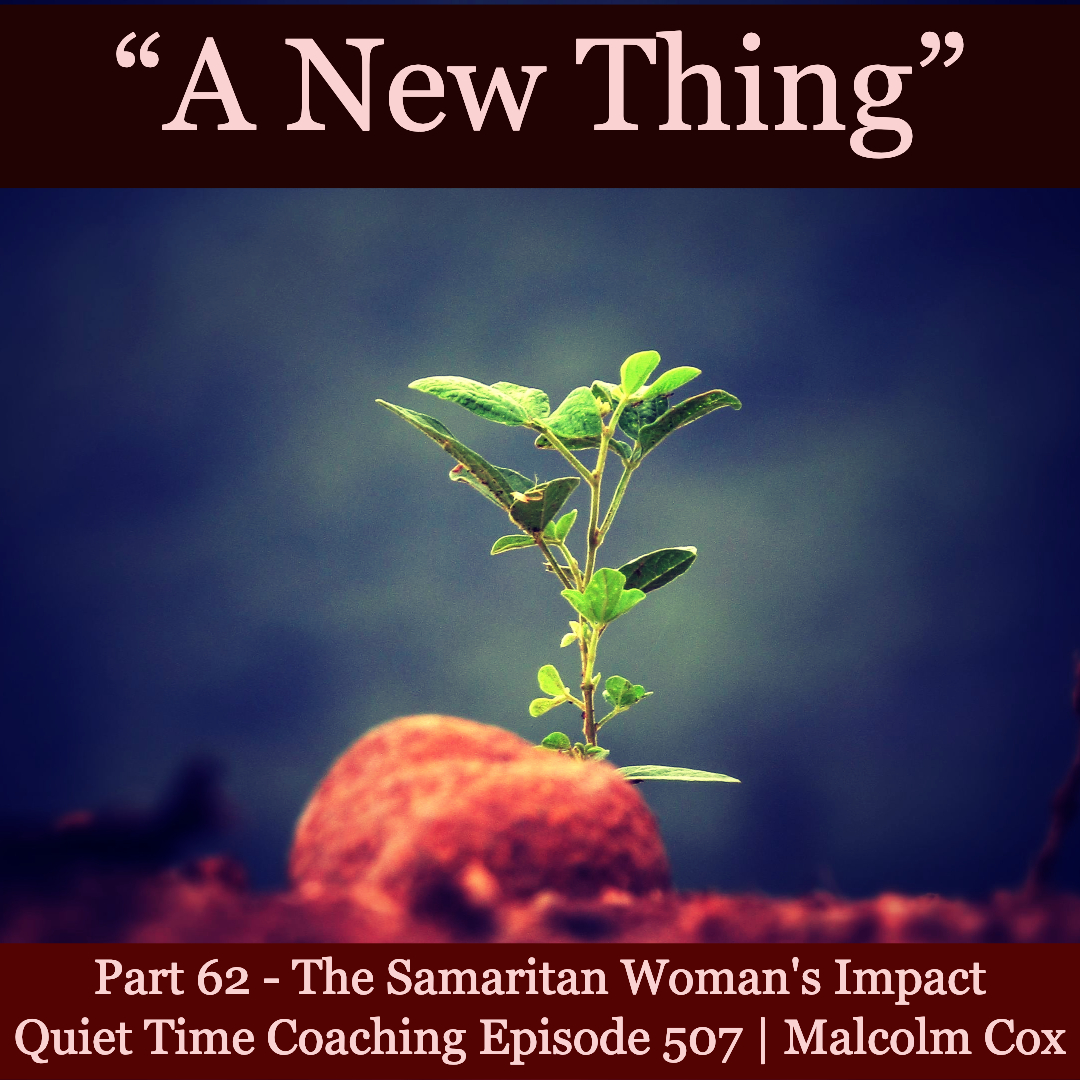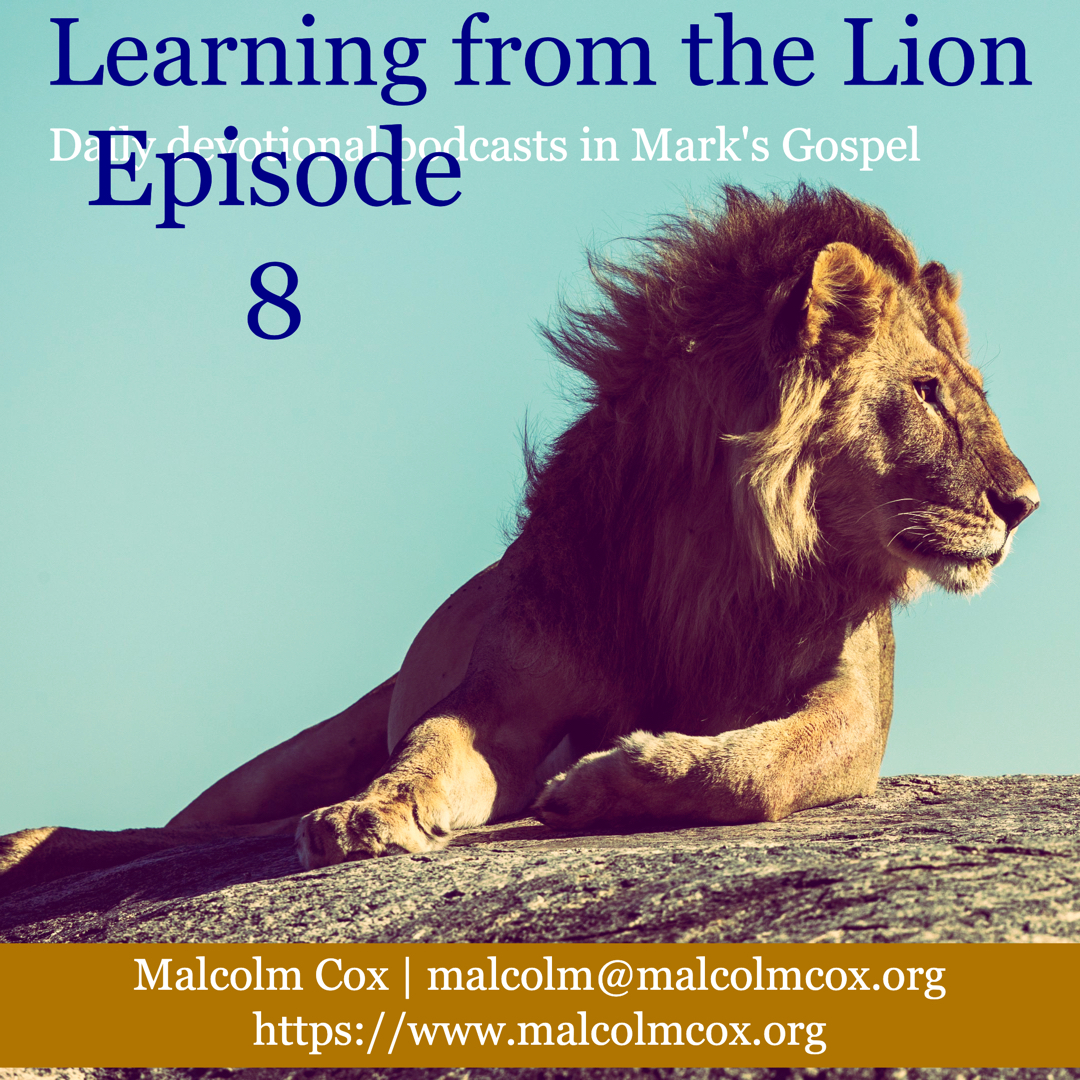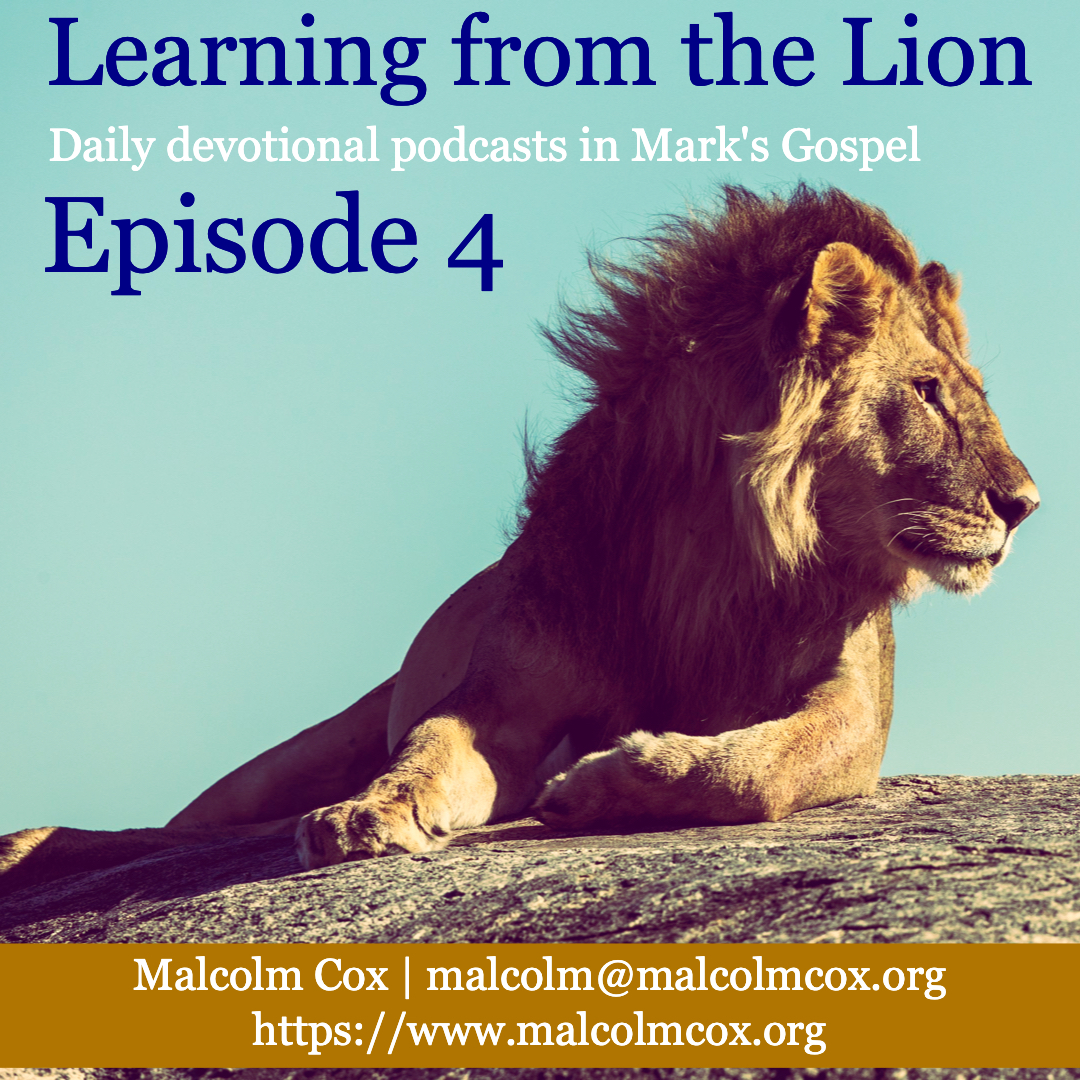Quiet Time Coaching Episode 253
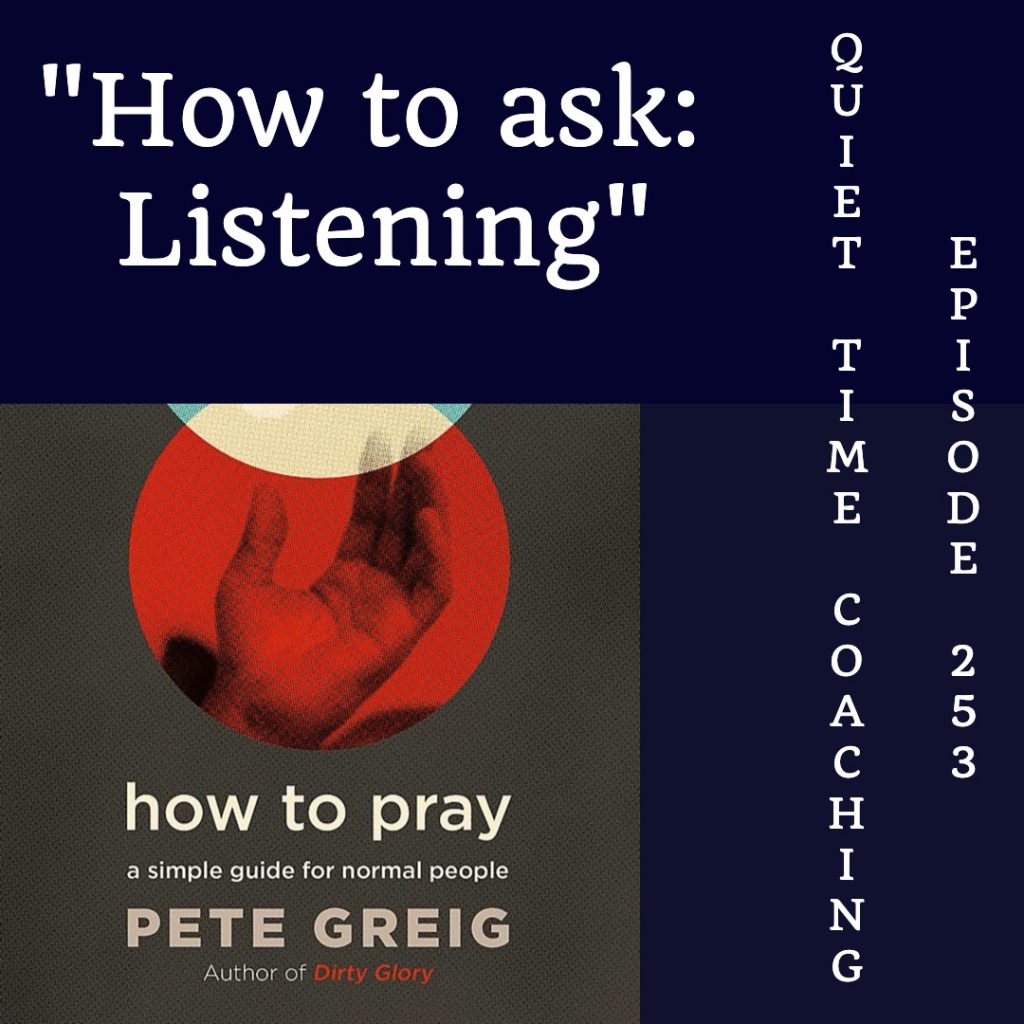
Quiet Time Coaching Episode 253
- I am in my third year of participating in the Renovare book club. The first book in this season’s set of four is “How to pray” by Pete Greig.
- Quiet time coaching episodes will focus on his book for the next few weeks. You don’t need to read it to benefit from these recordings, but you might like to get hold of a copy for yourself. I have finished the book and can thoroughly recommend it. A full review of the book will come at a later date in “What we are reading”.
- Last week we explored contemplative prayer – how to meditate on God
- Today we will reflect on the ninth chapter of the book, “Listening: How to hear God”.Theme scripture: “‘Give us this day our daily bread.’” (Matthew 6:10 NIV11)
- First, let’s consider what we’re talking about when we discuss listening prayer.
“A man prayed and at first he thought that prayer was talking. But he became more and more quiet until he realised that prayer is listening.” (Søren Kierkegaard)
- Do you believe that listening is possible? Is it something you desire?
“Everyone starts out in life trying to pray, but only those who learn to listen become fluent in its form.”
- If God wants a relationship with us, wouldn’t it make sense that he would speak?
“My sheep listen to my voice; I know them, and they follow me. (John 10:27)”
- Of course, there are charlatans, manipulative people and the disturbed who think they hear the voice of God when they do not. However, should such extremes prevent us from learning how to listen? Let’s go onto note the ways in which Pete Greg suggests we can develop this vital spiritual skill.
1. Hearing God in the Bible
‘Son of man, eat this scroll I am giving you and fill your stomach with it.’ So I ate it, and it tasted as sweet as honey in my mouth. (Eze. 3:3)
- All scripture is God breathed ( 2 Timothy 3:16), and it is living and active (Hebrews 4:12-13). The Bible is designed to communicate. What it says to us depends upon whether we are listening!
Big Tip: Pray through your Bible reading, don't just read it.
2. Hearing God in visions and dreams
“Your sons and daughters will prophesy, your young men will see visions, your old men will dream dreams.” (Acts 2:17)
He also speaks through creation (Ps. 19:1–2), through our consciences (1 Tim. 1:19), through angelic visitations (Matt. 1:20), through preaching (Rom. 10:14), and even on one occasion through a talking donkey (Num. 22:28)!
Of course, dreams, visions and prophecies are highly subjective, so we must weigh them against Scripture, apply common sense, and if they are directional we should also seek wise counsel.
- In the tradition I inhabit, it is often perceived as suspect to claim that one has had a vision or dream from God. I’m not sure exactly how to weigh all that up, but what I do know is that God has more than one way of getting his message to us.
3. Hearing God in counsel and common sense
The way of fools seems right to them, but the wise listen to advice. (Prov. 12:15)
- Big Tip: Talk to the evidently godly when you are spiritually confused.
4. Hearing God in personal reflection
Mary treasured up all these things and pondered them in her heart. (Luke 2:19)
- Isn’t it often the case that God’s voice comes to us at times anyways we don’t expect. Take Elijah:
‘after the fire came a gentle whisper’, and this was the voice of God.
Big Tip: Try journalling as a way to process what comes to you during times of personal reflection
5. Hearing God in action
Blessed … are those who hear the word of God and obey it. (Luke 11:28)
- One of the great joys of the Christian life is to see obedience produce the kind of fruit that God has planned. When we see his hand at work, we are hearing him.
Conclusion
Speak, Lord, for your servant hears. Grant us ears to hear, Eyes to see, Wills to obey, Hearts to love. (Christina Rossetti)
- Questions for discussion:
- What stands out to you about listening prayer?
- How might your prayer life grow if you could learn how to practice listening prayer?
- Suggestion: Focus on contemplative prayer for the next seven days.
- Resources mentioned in the book:
- PRAYER COURSE SESSION: #7: Listening.
- PRAYER TOOLS: 1. How to Speak in Tongues. 2. How to do the Lectio Divina. 3. How to Journal. 4. How to Turn Parenting into Prayer (prayercourse.org).
- FURTHER READING: Hearing God, by Dallas Willard.
- Next week we will go on to look at confession and reconciliation in prayer.
- Please add your comments on this week’s topic. We learn best when we learn in community.
- Do you have a question about teaching the Bible? Is it theological, technical, practical? Send me your questions or suggestions. Here’s the email: malcolm@malcolmcox.org.
- If you’d like a copy of my free eBook on spiritual disciplines, “How God grows His people”, sign up at my website: http://www.malcolmcox.org.
- Please pass the link on, subscribe, leave a review.
- “Worship the LORD with gladness; come before him with joyful songs.” (Psalms 100:2 NIV11)
- God bless, Malcolm
- PS: You might also be interested in my book: “An elephant’s swimming pool”, a devotional look at the Gospel of John
